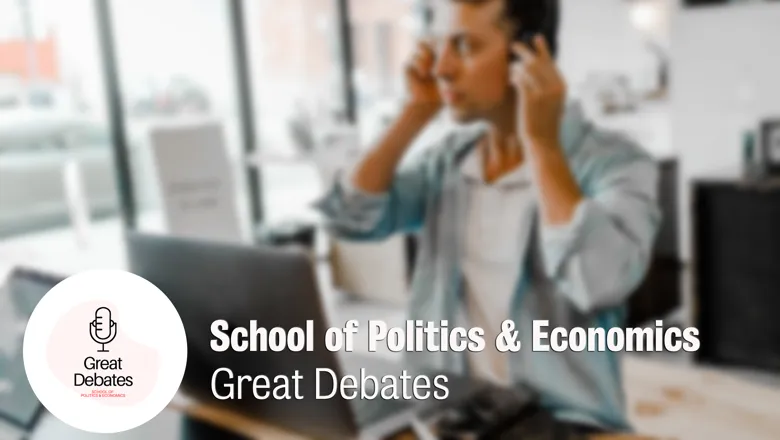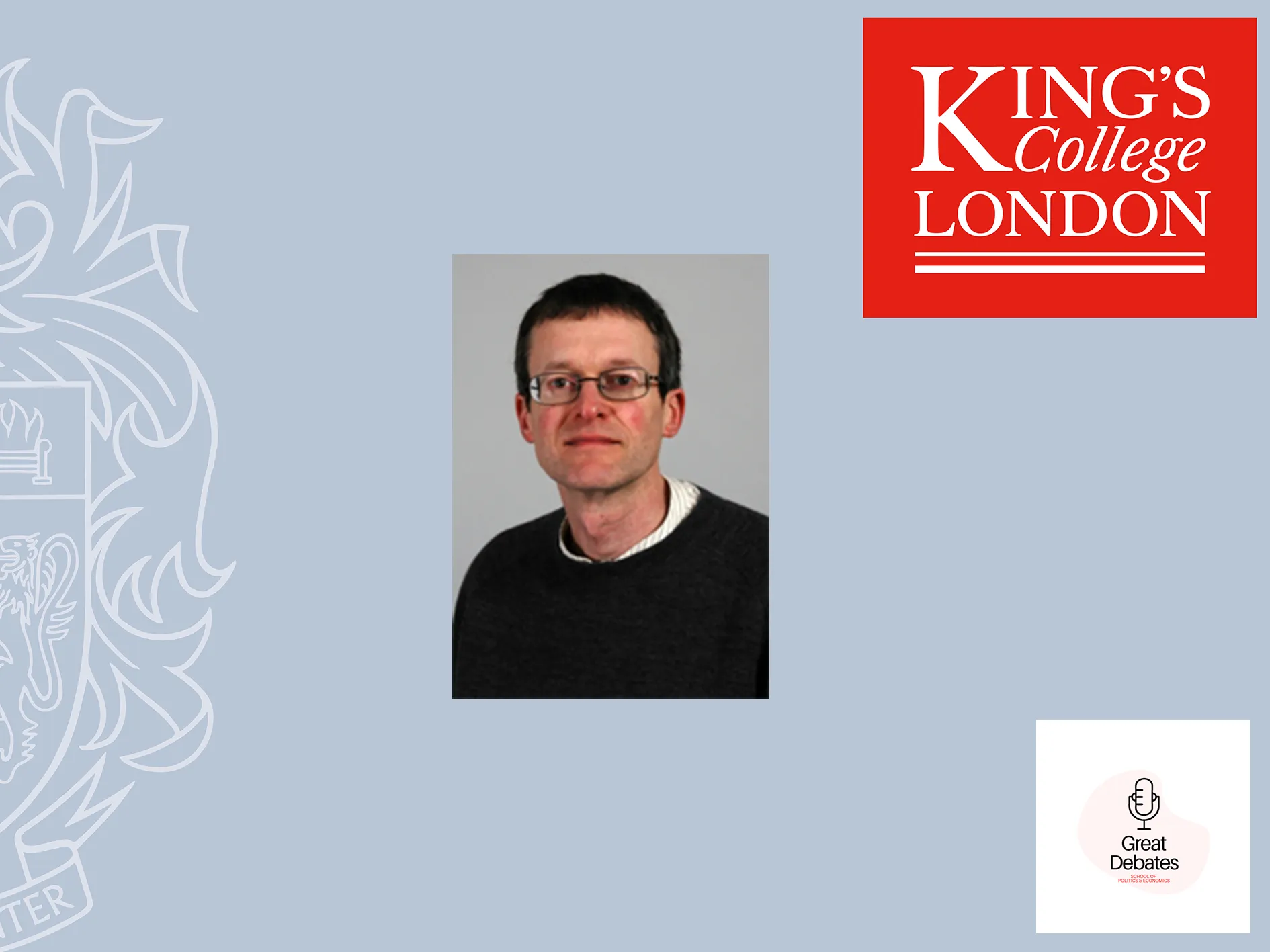The climate emergency: Do we need a whole new political economy?
One of the greatest threats to humanity – the climate emergency – will be in the spotlight for the first King’s Great Debate of...
24 February 2021
The final expert panellist for the next King’s Great Debate has been confirmed.

Professor Neil Carter (University of York) will be joining Professor Rebecca Willis, from Lancaster University, and Professor Sam Fankhauser, from the London School of Economics, on the panel to address the question: The Climate Emergency: Do We Need a Whole New Political Economy?
The event takes place on 18 March. You can find out more and sign-up here.
Prof Carter is interested in all aspects of environmental politics and policy, with a particular focus on climate policy and politics. The third edition of his book, The Politics of the Environment, was published in 2018 and he is an associate editor of Environmental Politics.
He has held ESRC grants examining climate policy and political parties, with Professor Robert Ladrech, and asking Is the European Parliament an Environmental Champion? (with Charlotte Burns). He was awarded a Leverhulme Research Fellowship to study the Labour government’s climate policy and also advised the Science Museum on its climate change exhibition.

The debate
From policy and technology to migration and economies, the climate emergency debate will bring together a multi-disciplinary group of scholars and experts to address the issues shaping the global response to our changing climate, both now and over the generations to come.
Debaters will consider the question: ‘The Climate Emergency: Do We Need a Whole New Political Economy?’
The event will feature input from academics, students, campaigners, and professionals.
Professor Peter John, head of the School of Politics and Economics at King’s, said: “We want to be bold and ambitious with this series of debates and, to that end, the climate emergency is a fitting topic for our first offering of 2021.
“To help us cover as much ground as possible and ensure that we include as many voices as we can in the debate, we’ll be moving away from the panel format and inviting our audience to join working groups where some of the key issues will be in focus.
“We hope to produce a report after the event, taking into consideration much of what will have been discussed, and we also have a podcast series which will run alongside the debates to add another perspective.”
Working groups are set to include: justice, the global south, citizenship, technology, policy, communications, COVID-19, and radical politics.
One of the greatest threats to humanity – the climate emergency – will be in the spotlight for the first King’s Great Debate of...